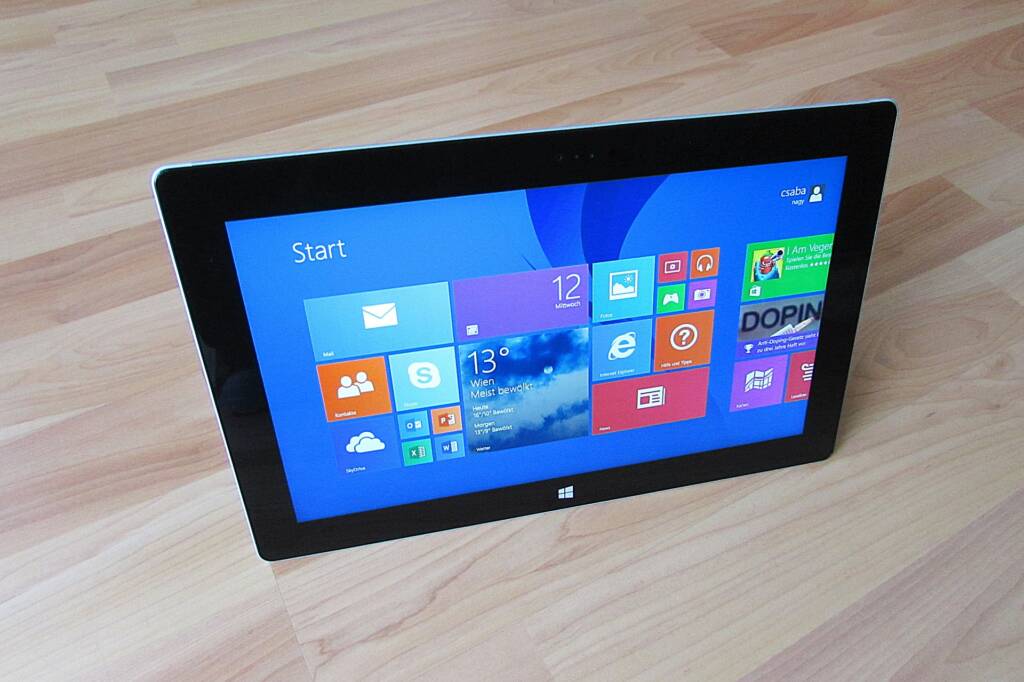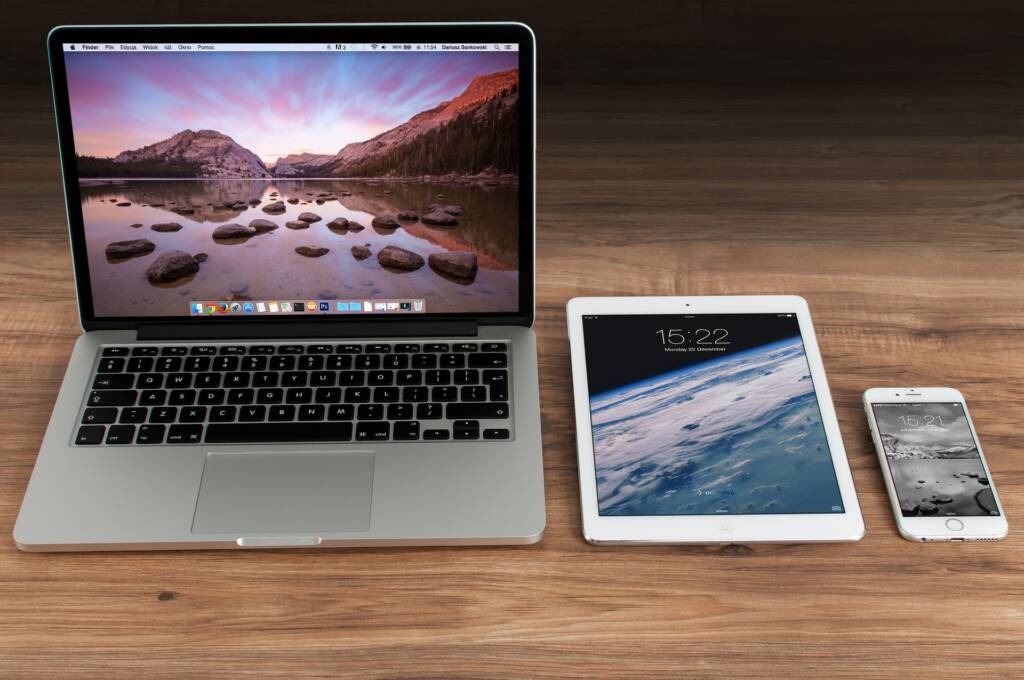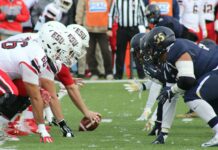First, For The Non-Savvy: Just What Is An “OS”?
OS stands for Operating System. Today’s OS options are abbreviated this way, but to understand the modern OS, you need to understand QDOS. QDOS is reputed to have meant “Quick (and) Dirty Operating System”, because Bill Gates essentially “appropriated” it through legal loopholes from another programmer to sell to IBM.
The programmer was Gary Kildall. Bill Gates signed a Non-Disclosure Agreement (NDA) with IBM reps, so when they zipped on over to Gary Kildall’s residence to purchase his OS, he didn’t know who was coming. Accordingly, Gary wasn’t there. So IBM was left without “satisfaction”, as it were. Gates then weaseled in and sold his version of Gary’s design.
Gary’s program was also available to buy, but as an OS it was marked up to be much more expensive than what Bill was selling, which was basically a Sam’s Club generic knockoff of Gary Kildall’s system. Nobody bought Gary’s, he sank into depression and died in the early nineties.
Now everybody thinks DOS stands for Disk Operating System, and you’ve really got to dive down the internet rabbit hole to find what really happened. So clearly, when you know the genesis of the OS which became Windows 3.1, 95, 97, 98, 2000, and eventually Windows 10, it shows Apple is the better choice from merely an ethics standpoint, right? Wrong.
Windows And Apple Both Have “Funky” Origins
The term “Xerox” is a derivation of Greek term “xenography”, and refers to an ancient copying process. Steve Jobs, maker of Apple, went to “find himself” in the psychedelic subcontinent of India in the seventies, then came back to San Francisco and saw Steve Wozniak playing with the Xerox “Gooey” system, which included a cursor—the “mouse” function.
Wozniak and Jobs approached Xerox, and sold them on the idea of allowing Apple to market that technology into personal computers. So essentially, Jobs appropriated the genesis of Apple OS from Xerox, a term essentially meaning “to copy”. Later on, Bill Gates would finagle the same sort of interface out of Apple and generically rebrand it as his own.
So both Apple and Windows OS have their origins based in a sort of appropriation separating originators of OS programming from the companies who produced, marketed, and distributed such Operating Systems. What happened next? Well, after Xerox was copied and made it possible for Jobs to provide jobs, Gates opened gates via Windows.
Pithy wordplay aside, Windows took a stranglehold on the market until the nineties, when antitrust legislation forced Windows to keep Apple from going under. Later, Apple developed the iPod and then the iPhone, outpacing Microsoft. Steve Jobs died of cancer after all that, and Tim Cook took over, and now there’s controversy over Apple factories in China.
Corporate Intrigue Defines Pros And Cons Of Apple / Windows
The truth is, both Windows and Apple OS’s are rooted in corporate intrigue. That intrigue has left both systems vulnerable to certain pros and cons. Apple has endless terms and conditions, Windows tends to be less aesthetically pleasing and has a “cheaper” veneer to it that’s easy to hack. Windows OS is easier for programmers to play with than Apple OS.
If you’re going that deep, though, you might as well look into Linux and Unix differences. For most of us, when it comes to which brand to choose, we’re looking for less programming language and more specific computational abilities. To that end, because Windows took over the market until the antitrust trials, there’s more software for this OS.
Windows devices are best for gaming. If that’s what you’re looking to do, you need a Windows device. Meanwhile, owing to the independence Apple sought to maintain from Windows in the nineties and through the early oughts, they assured their hardware and software functioned in a different way which incorporates better RAM utility in a certain sense.
A Way To Think About Both So You Can Choose
Better Random Access Memory (RAM) use in certain applications makes an Apple OS more useful for video editing and sound editing, making films and music producers primarily reliant on Apple machines. Apple devices also tend to be more durable and last longer than other devices released in the same technological iteration.
But just because Apple tends to be more resourceful with their use of hardware and software doesn’t mean Windows is without resources. They’re just allocated differently. The bottom line?
Apple and Windows OS have dirty pasts and corporate practices, meaning there are downsides to both. The upside to Apple is their devices last longer, they’re more aesthetically pleasing, and they’re more durable—but they are more useful for intense processing work, and less useful for gaming.
Windows OS machines tend to cost less and be better enabled for more public software, making them ideal gaming machines, and easier to “crack into”. If you were going to compare the two to vehicles, an Apple OS might be a Tesla and Windows OS might be a Chevy.







